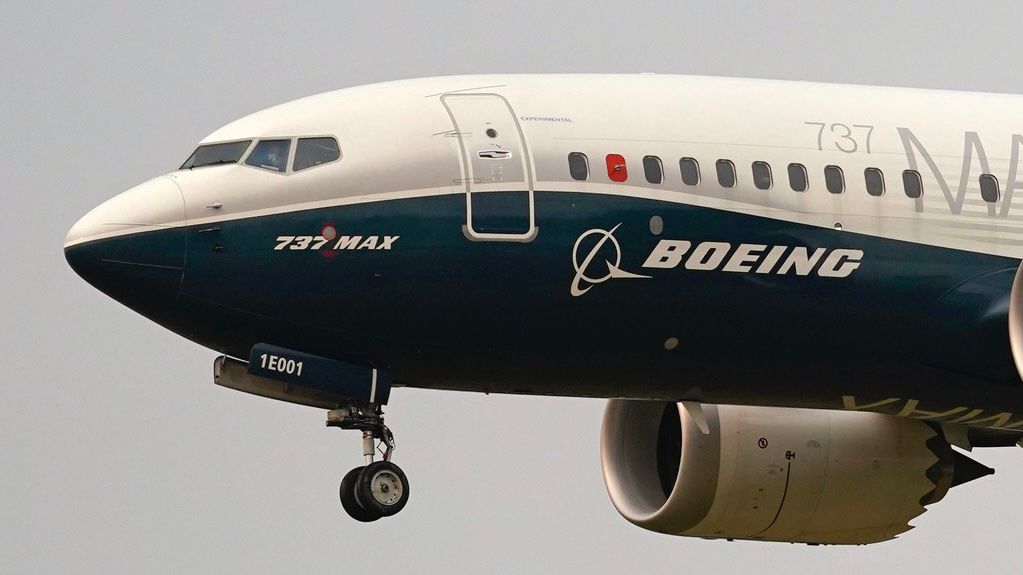Boeing reported late Sunday that it will delay some of its 737 plane deliveries because of a manufacturing issue.
An employee with a supplier said some holes on the planes’ fuselages have not been drilled to specification.
“In our drive to strengthen quality across Commercial Airplanes, your voice is critical,” Boeing Commercial Airplanes president and CEO Stan Deal said in a statement. “We asked you and everyone across our production system to speak up. Thanks to all those who have raised concerns and offered ideas.”
The discovery is “not an immediate flight safety issue,” Deal said, adding that all 737s can continue to operate safely. The incorrectly drilled bolts will, however, delay the delivery of 50 airplanes so the problem can be fixed.
Deal said workers at Boeing's factory in Renton, Wash., will spend several days focusing on quality control that includes inspecting some undelivered planes.
In late January, Boeing held a one-day “quality stand down” at the Renton factory where the 737 is manufactured for production, delivery and support workers to participate in quality improvement sessions. The temporary work stoppage was intended for “all teammates who touch the airplane to pause, evaluate what we’re doing, how we’re doing it and make recommendations for improvement,” Deal said at the time.
That stand down yielded more than 1,000 ideas for improvement. Deal said Boeing is currently evaluating the feedback for suggestions that could be implemented to improve quality. Boeing has already adopted some of the recommendations, including the purchase of new tools to perform some installation work.
Since the Jan. 5 incident, when a Boeing 737-9 MAX airplane lost a door panel midflight over Oregon, United Airlines and Alaska Airlines reported finding loose bolts on some of its planes.
The Alaska Airlines incident in earlly January prompted the Federal Aviation Administration to launch an investigation into Boeing’s manufacturing practices and production lines that includes Spirit AeroSystems, which reportedly makes 70% of the Max 9 fuselage. Days after the Alaska Airlines incident, the FAA launched an investigation into the company to determine if it failed to ensure completed products conformed to their approved design and were safe to fly.



